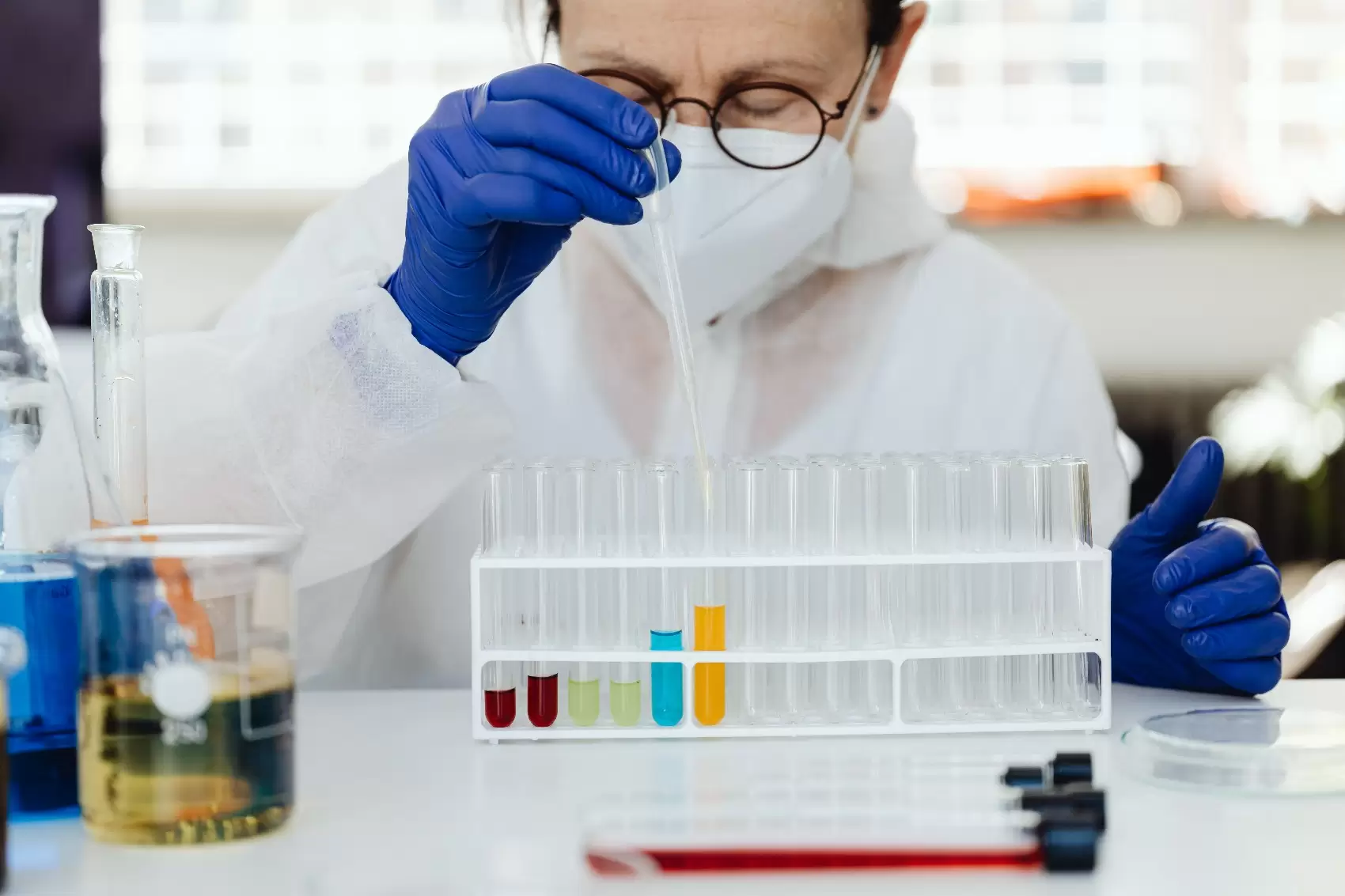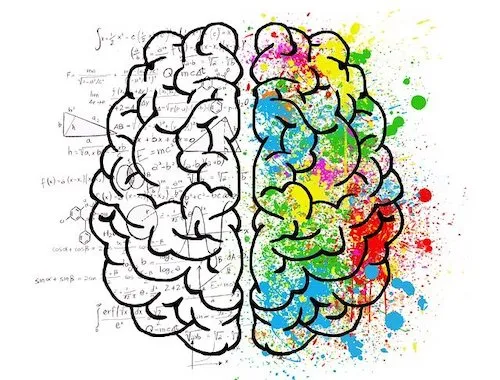The chemistry IA was probably the most fun I had during the IB. It is a fantastic opportunity to play around in the lab and see how beautiful chemistry can be. Yet, it can also seem daunting, scary and overwhelming. To help you overcome your fear of the chemistry IA and make it seem less intimidating, I will share my tips for getting a top grade and making the process as smooth as silk.
Oh, and if you would like extra help with your IA, check out our tutoring service here. We offer a neat 5-hour tuition IA package!
Do Not Make Your IA Complicated
Making it complicated was the honey-trap that tempted me to nose-dived into it. I thought I had to demonstrate Einstein-levels of genius to get a 7. As it turns out, you really do not have to.
Delivering a solid experiment in which you are thorough and precise in your descriptions of what you do will do the trick! It can be a simple concept or theory you cover, as long as you do it right.
The trick is to be humble. In conducting your IA experiment, you will make mistakes. That’s okay! As long as you admit to them formally and suggest how you could do better next time.
Write Notes While in The Lab
Not writing notes in the lab caused so much headache for me. My experiments went over a couple of weeks, and once I got to writing, I had totally forgotten all the details of what I did in the beginning. So, I had to retrace all of my steps from scratch to be accurate in my description. Do better than me! Write notes of exactly what you do in the lab, so you never lose track of what’s happened. Also, take a bunch of pictures of it!
15 Chemistry IA Ideas to Get You Started
I figured I would leave you with a list of suggestions of what you can write about to give you some inspiration. Please do not copy these titles 1:1, but adapt them to your needs!
- What method is best for isolating iodine from seaweed? Best can be defined by “most safe to eat” or “most in amount”.
- How does the boiling point of the homologous series of alcohols/alkanes/alkenes compare? In this one, you can talk about intermolecular forces!
- Optimise the sturdiness of plastic. This is one of those fun trial-and-error ideas. Find one variable in plastic making that you’re looking to influence, and see how changing affects how rigid plastic is. The challenge here is finding an objective way to measure the sturdiness of plastic.
- Measure the energy in different fast food chains’ fries. This one is neat for energetics.
- Determine the hardness of your local area. Maybe compare those values to what the official documents say.
- Isolate chlorophyll from plants. Do you expect some plants to have more/less? Why?
- Isolate capsaicin from chilli. Capsaicin is the spice molecule. You can tell that I have a thing for isolating compounds from plants. It’s just because it’s that cool!
- How does the pH correlate with conductivity? Can you reliably use how conductive something is to measure its pH?
- How does the solute concentration in a voltaic cell affect the voltage produced? This one is relatively straightforward, but still plenty to get a high grade. Remember, it does not have to be complicated to score highly!
- Investigate how changing the concentration of a compound changes the rate of reaction.
- Determine the vitamin C content in orange juice from fresh vs old oranges. Does vitamin C degrade in fruits?
- Measure the chlorine content in local pools and see if they are safe according to restrictions.
- Do something with electroplating! This one is always really fascinating. Maybe see how different currents change the mass of electroplated stuff formed over a set time, using the formula Q=IT.
- Investigate the caffeine amount in tea.
- See how temperature changes Kw, water’s ionisation constant.
I hope these tips and ideas will make you more confident tackling your IA.
Want more IA tips? Check out our blog posts here!



